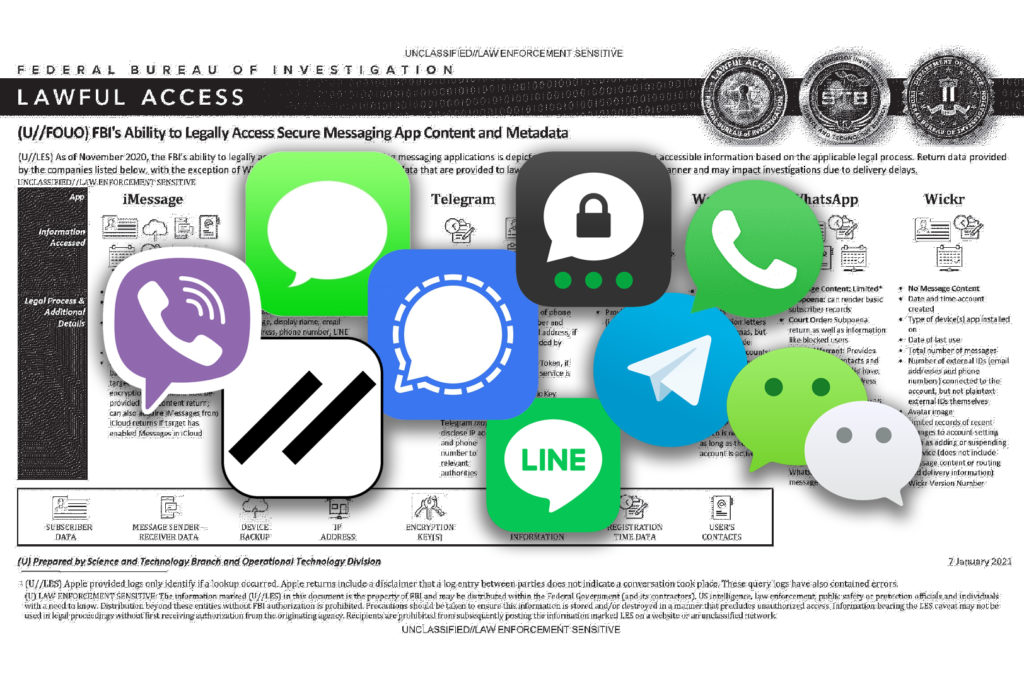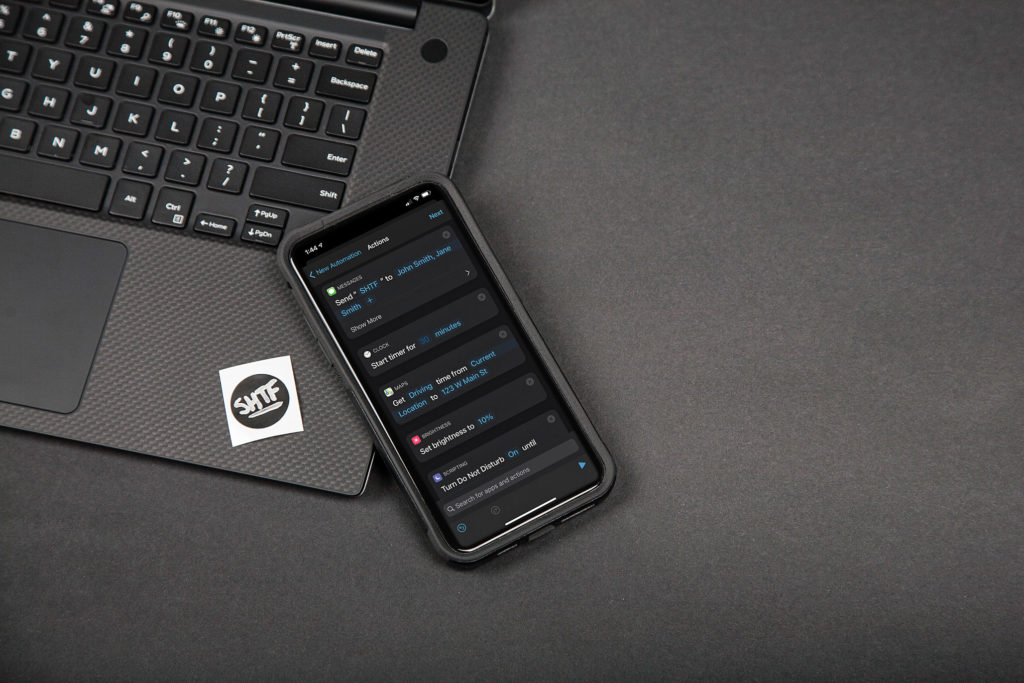Car thieves come in various categories. Most of them are opportunistic criminals who use brute-force tactics to steal older vehicles, or simply search for victims who are foolish enough to leave their keys in the car. However, some car thieves have learned to use modern technology to track and steal vehicles — usually high-end sports cars and luxury cars that will command a premium on the black market. In the past, we wrote about keyless car theft using range-extenders to boost keyless entry signals. Today, we’ll take a look at another method that’s reportedly growing in popularity: illicit tracking of cars using Apple AirTags.
The video above is a public service announcement from the Auto Theft Unit of York Regional Police in Canada. It explains how car thieves in the Toronto region are roaming public parking lots and discreetly attaching Apple AirTags to vehicles they intend to steal. Hours or days later, once the target vehicle is parked in a more secluded location, the thieves can use the AirTag to find it. Then, they can steal it using various methods, such as the range-extender device we mentioned. This allows them to plan their attacks in advance, rather than using more traditional methods.
The three images above from York Regional Police show how thieves concealed an Apple AirTag inside the trailer hitch connector on a targeted pickup truck.
A press release included the following details: “Since September 2021, officers have investigated five incidents where suspects have placed small tracking devices on high-end vehicles so they can later locate and steal them. Brand name ‘air tags’ are placed in out-of-sight areas of the target vehicles when they are parked in public places like malls or parking lots. Thieves then track the targeted vehicles to the victim’s residence, where they are stolen from the driveway.”
How Apple AirTags Work
Apple AirTags were released in April 2021 at a retail price of $29 each ($99 for a four-pack). They’re compatible with iPhone models 11 through 13. Each Apple AirTag broacasts a secure Bluetooth signal that is picked up by nearby devices in the Find My network, such as iPhones and iPads. Those devices send the AirTag’s location to iCloud servers, where it can be viewed on a map by the owner. So, although Bluetooth has a relatively short range, you can still find an AirTag that’s many miles away as long as there’s another compatible Apple device in the vicinity — that’s extremely likely in any major city.
Apple is careful to note that it designed AirTags to prevent unwanted tracking: “If someone else’s AirTag finds its way into your stuff, your iPhone will notice it’s traveling with you and send you an alert. After a while, if you still haven’t found it, the AirTag will start playing a sound to let you know it’s there. Of course, if you happen to be with a friend who has an AirTag, or on a train with a whole bunch of people with AirTag, don’t worry. These alerts are triggered only when an AirTag is separated from its owner.”
So, if you have a newer iPhone and receive an unexpected AirTag notification each time you approach your vehicle (or other valuable property), this may be a warning sign that it’s being tracked.
Keep in mind that if you have an Android phone or an iPhone that’s too old to detect the AirTag, only the sound from the tag would aid in its detection. If the sound is muffled or disabled by a malicious user, it may be challenging to find an unwanted AirTag.
A Double-Edged Sword
Although AirTags are reportedly being used by car thieves, they’re also being used by owners as a safeguard against theft. Think of it like a poor-man’s LoJack — if your car is stolen, you could check the tag’s location to help police track it down. Several individuals told The Washington Post that they were able to recover vehicles this way, ranging from a Subaru to an electric scooter. One sergeant from the Houston Police Department said “they’re really helping us out a lot in the police department, retrieving people’s stolen property.”
Like many types of technology, AirTags appear to have the potential for positive and negative uses. A representative from the Electronic Frontier Foundation (EFF) had this to say: “Apple does not advertise these products as a way of tracking down stolen items. It is not the usage Apple has in mind — they don’t want to encourage people to do it. The problem is it’s impossible to build a tool that is designed to track down stolen items without also building the perfect tool for stalking.”
York Regional Police offered the following pieces of general advice to safeguard against vehicle theft:
- If possible, park your vehicle in a locked garage. Most vehicles are stolen from a driveway.
- Use a steering wheel lock. It will also act as a visible deterrent.
- Install a lock on the data port. This simple device can be purchased online and blocks access to the computer port where the thieves gain access to reprogram the vehicle’s keys.
- Consider purchasing a quality video surveillance system. Ensure cameras are properly placed and functioning for day and night time use. Familiarize yourself with the system so it can be reviewed and accessed easily.
- Inspect your vehicle regularly and call police if you notice any suspicious potential tracking devices.
More Articles on Car Theft Prevention
- Auto Theft & Break-In Deterrence
- Infographic: Auto Theft Facts
- Keyless Car Theft: How Tech-Savvy Criminals Steal Cars
- How to Survive a Carjacking
Related Posts
The post Car Theft Warning: The Criminal Use of Apple AirTags appeared first on RECOIL OFFGRID.











